There is a different kind of grief that we as a society don’t often discuss. It is the grief that comes before and alongside. It is the grief that we begin to feel when the bad news comes, when the diagnosis is confirmed. And it never really leaves us until it becomes the grief of the actual loss.
Anticipatory grief is the feeling of grief or loss before a loss ever happens. People experience anticipatory grief when they know the eventual outcome of a situation will be the loss of a loved one. Anticipatory grief has been studied in those who are close to and caring for people with terminal cancer, Alzheimer’s disease, ALS, and other life-limiting diseases and disorders. While some argue that this type of diagnosis can give loved ones time to prepare for a loss, there is also a prolonged suffering and pain associated with anticipatory grief that weighs heavily on those who go through it. One caregiver described it as this:
“It’s like stubbing your toe really hard, over and over. The pain of the first slam into the edge of the door never fully goes away before you’ve hit the exact same spot again the next morning. There is constant, lingering pain from the impact, and the acute pain of the reinjury. You’re constantly reminded that you’re hurt, and that you’re going to continue to hurt for a long time.”
If you’ve ever experienced this with a loved one, be it friend or family, you know exactly what this feels like. The initial terminal diagnosis is bad enough to experience, and to acknowledge that this person you love so dearly will pass away. Even though we all know that none of us is immortal, we also don’t really like to think about death or those we love dying before ourselves. Then as you deal with the aftermath of diagnosis, there is more grief. You know what is coming, but still feel unprepared. You see them becoming more sick, and you don’t want them to suffer. But we also want to not lose them.
Anticipatory grief can feel heavy and burdensome, but it is not insurmountable. There are ways to mitigate the pain and to care for yourself if you are in a caregiver role during this season.
As much as possible, connect to your loved one. Spend quality time with the person and make happy memories together as much as their diagnosis and your grief will allow. This could look like taking a special trip or having jewelry made in their memory to share. It could also be just spending time with them and talking and laughing together. Often a reaction to grief and pain in general is to pull away from the painful situation, but mental health professionals agree that this only causes regret when the loved one passes. Though it may feel difficult, spending time with the person you love will leave you never wondering if you could have said or done more.
Think about and write down the things that remind you of that person. Maybe they’ve always loved butterflies or a certain type of flower. Or it could be something related to a sports team or their favorite band. It could even be related to a favorite memory you have with them. Whatever these things are, write them down. When they’ve passed, any time you see these things, it will help you remember them. In many cultures, people believe that a person is never really gone until those that loved them stop saying their name, so you can even make a practice of this. Saying their name aloud when you see the object or hear a song that reminds you of them can bring a flood of happiness and positive memories. This practice can carry you from the anticipatory grief stage through the physical loss and beyond.
Connect with others who are dealing with similar situations. Often during a difficult diagnosis, medical teams can connect families with others who have the same or similar diagnoses. Being able to discuss your grief, anger, and pain with others who can truly empathize with you is incredibly impactful and can help the grief experience feel less alienating. Another place to look for community in this regard can actually be through social media. If you’re unable to find others with the same diagnosis or situation nearby, there is likely an online community. While virtual friendships may seem hollow, they can also provide a strong sense of belonging and understanding, especially in the case of a rare disease or diagnosis.
If you are the caregiver of a person in terminal illness AND experiencing anticipatory grief, take care of yourself, too. In these situations, it is often family members who are also caregivers to the ill person. And while this gives everyone a chance to spend time together, caregiver burnout is very real. Medical offices should have resources for families to help find care for their loved ones and provide respite. If this isn’t offered for your family, ask to speak to a social worker who can aid in the process.
Seek counseling as you move through the grief process. Grief never looks the same for any two people. Some find purpose in supporting causes for the diagnosis that took their loved one. Other people may need time to retreat from thinking about the loss. Whatever grief looks like for you personally, a counselor or therapist can truly help you navigate both the anticipatory grief and the grief after loss. Not getting help during a season of grief is not a sign of strength or a badge of courage. If you’re having a difficult time, the best thing you can do is seek help for yourself. If you’re unsure where to start, click the link below to connect with one of our licensed, experienced therapists today.
Written by Emily Taylor, Contributing Writer

